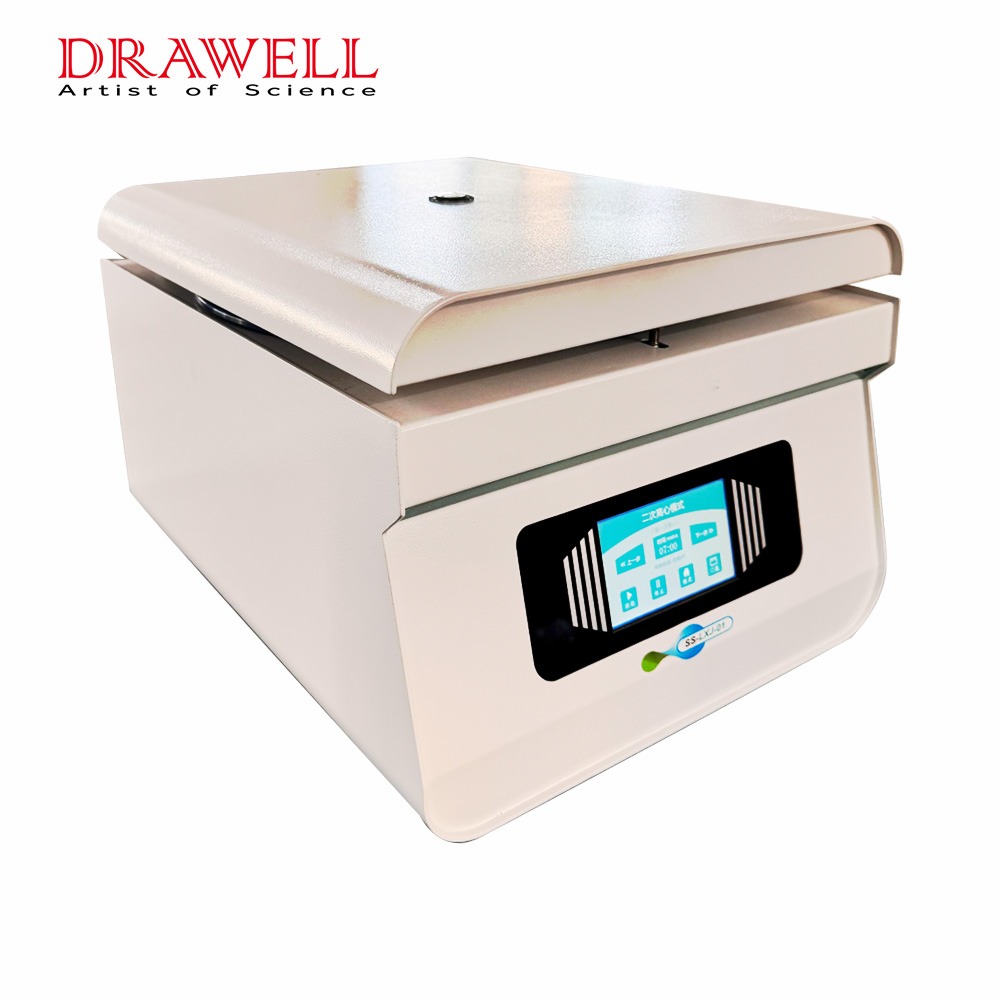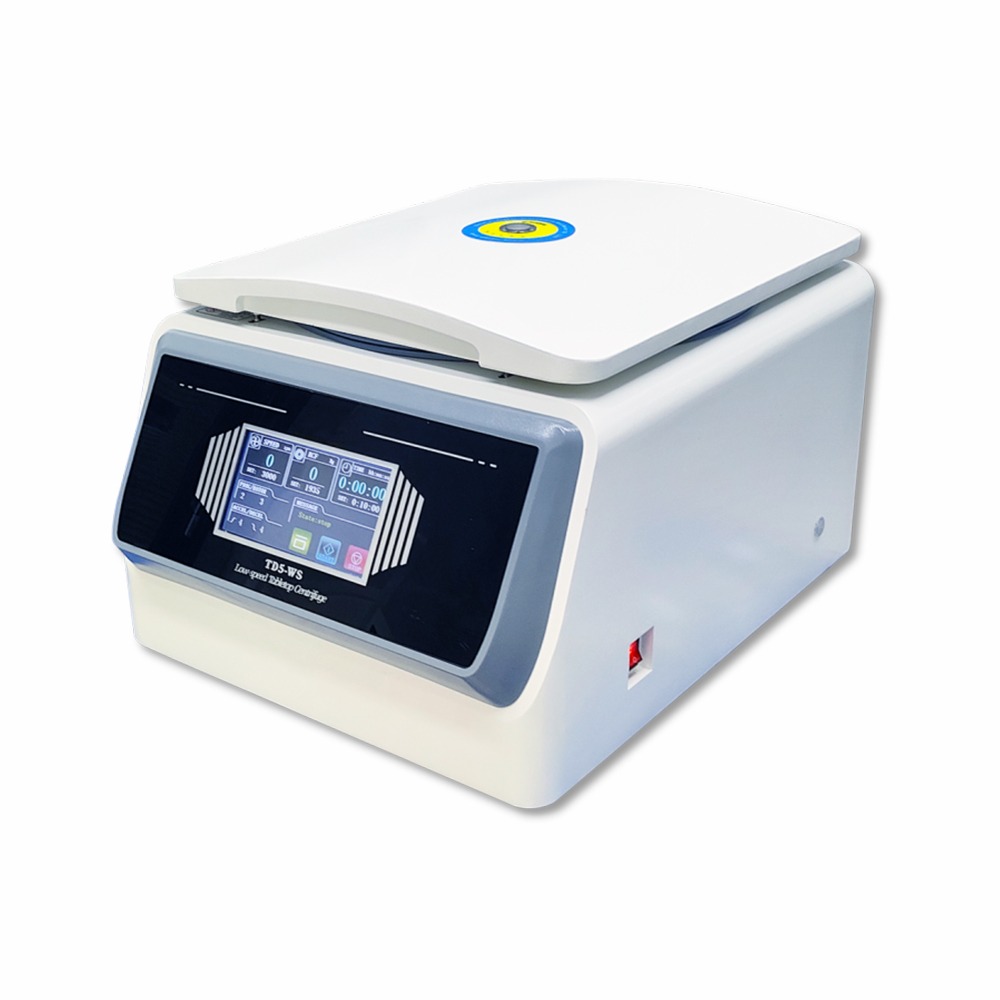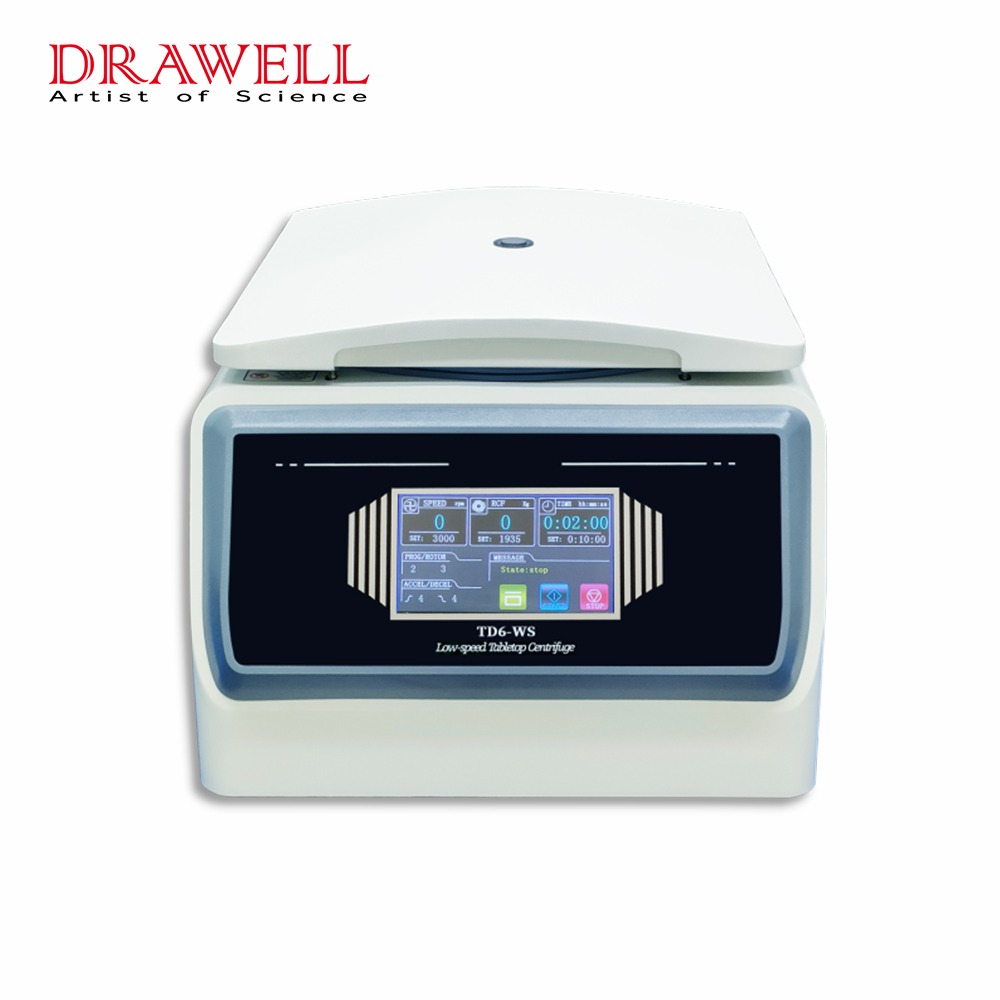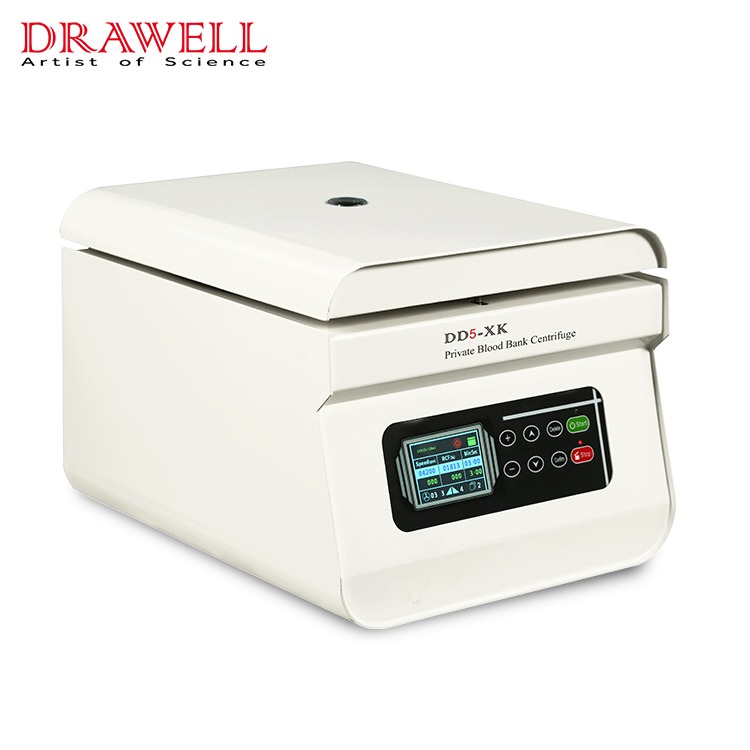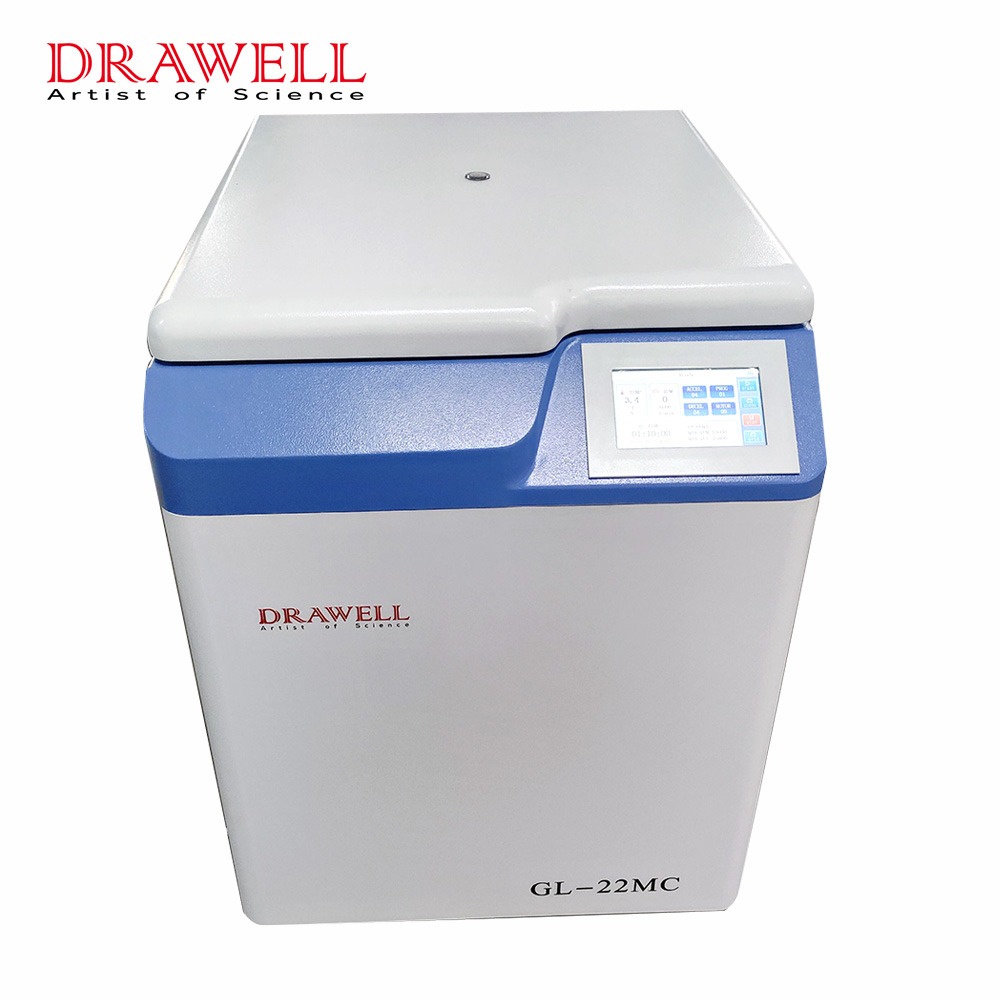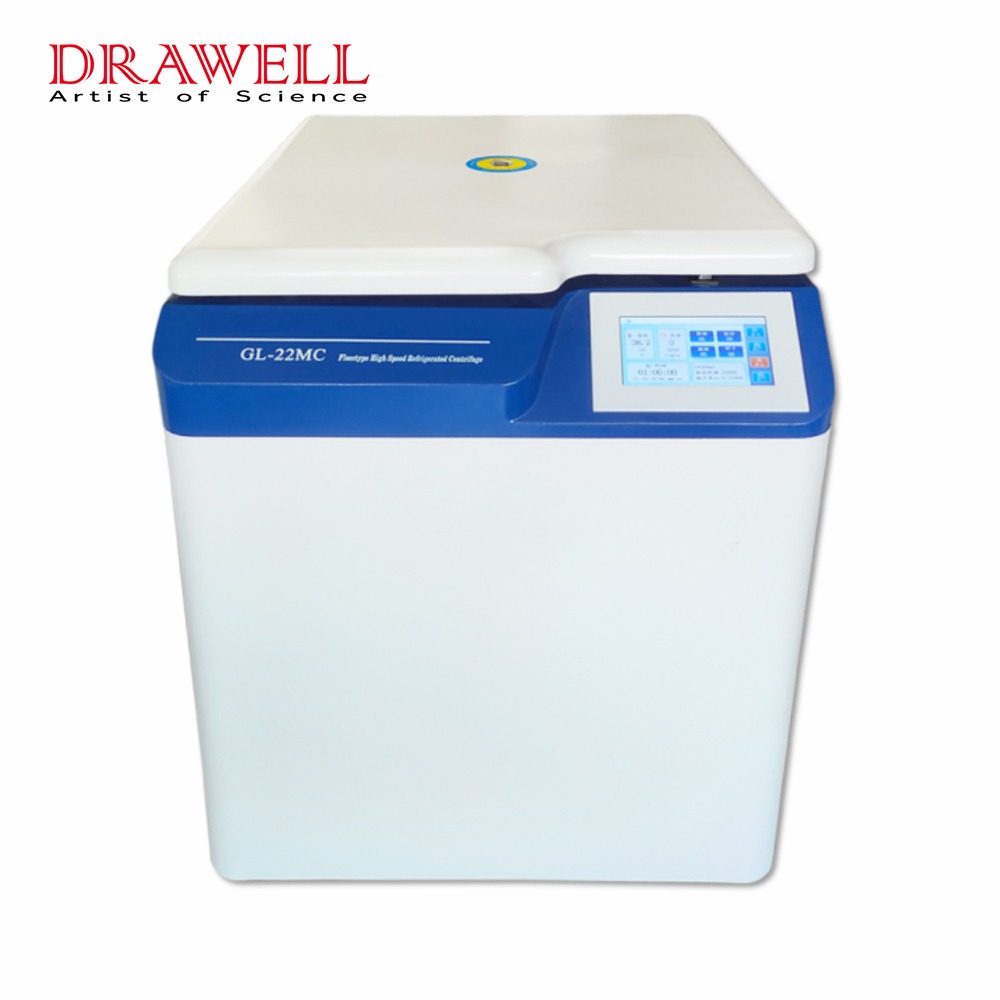In the realm of scientific research and diagnostics, the refrigerated centrifuge has emerged as a remarkable tool that combines the power of centrifugal force with temperature control. This specialized instrument plays a crucial role in separating and preserving samples at low temperatures, making it indispensable in various fields of study. From cell culture and molecular biology to clinical diagnostics and pharmacological research, the refrigerated centrifuge offers a multitude of applications that contribute to accurate analysis and reliable results. In this article, we will delve into the diverse uses of refrigerated centrifuges and their significance in advancing scientific understanding and improving diagnostic capabilities.
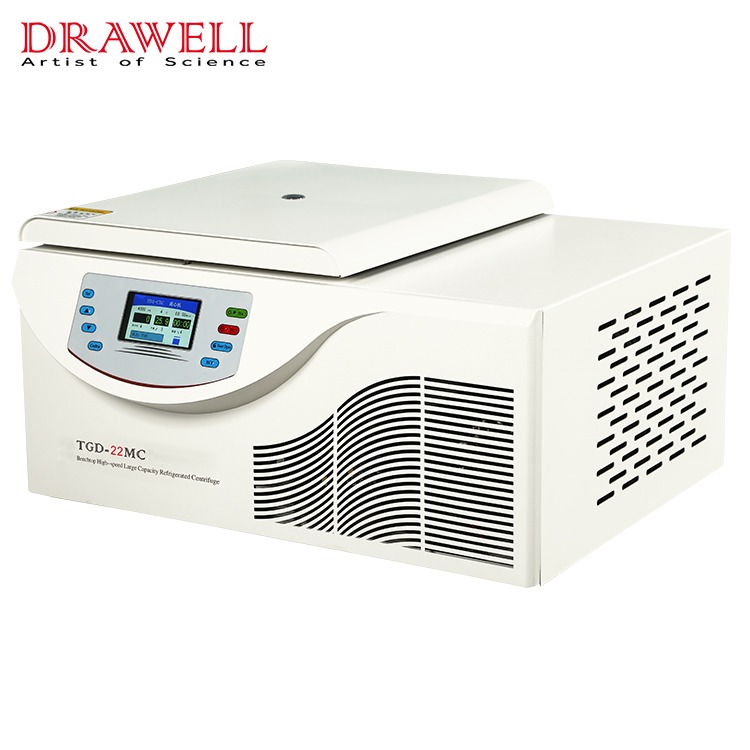
Here are some of the key uses of refrigerated centrifuges in these fields:
1. Cell Culture and Molecular Biology in the Uses of Refrigerated Centrifuges
Refrigerated centrifuges are essential in cell culture and molecular biology research. They are used to separate cells, organelles, and cellular components, such as DNA, RNA, and proteins. The cooling feature of these centrifuges helps maintain sample viability and integrity, enabling researchers to isolate and study these biological materials without compromising their quality.
2. Protein Biochemistry in the Uses of Refrigerated Centrifuges
Proteins are sensitive to temperature fluctuations, and refrigerated centrifuges provide a controlled environment for protein purification and analysis. They help maintain the stability and activity of proteins during separation, preventing denaturation and degradation. This is crucial in studying protein structure, function, and interactions.
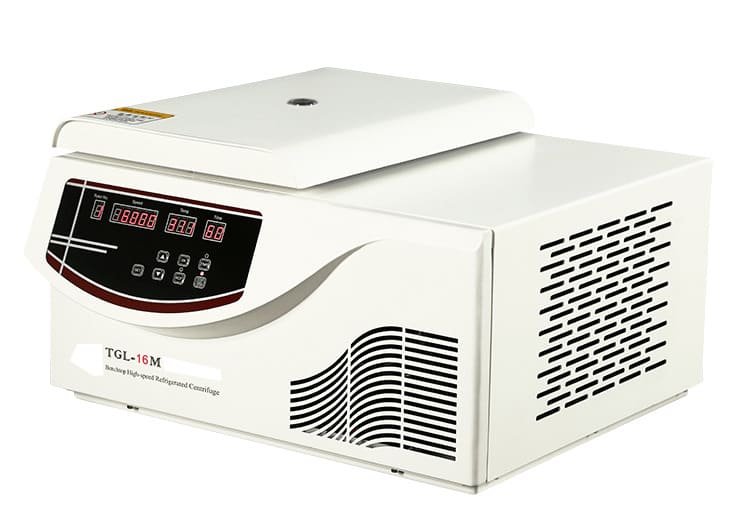
3. Clinical Diagnostics in the Uses of Refrigerated Centrifuges
Refrigerated centrifuges are extensively used in clinical laboratories for diagnostic purposes. They are employed to separate blood samples into components such as plasma, serum, and blood cells. The cooling feature ensures that labile substances, such as enzymes and metabolites, remain stable during analysis, leading to accurate diagnostic results.
4. Pharmacological Research and Drug Development in the Uses of Refrigerated Centrifuge
Refrigerated centrifuges play a vital role in pharmacological research and drug development. They are used to separate and purify active pharmaceutical ingredients (APIs) and study their physical and chemical properties. The cooling capability of these centrifuges helps maintain the stability of temperature-sensitive drugs and allows researchers to evaluate their efficacy and toxicity accurately.
5. Microbiology and Environmental Research in the Uses of Refrigerated Centrifuge
In microbiology, refrigerated centrifuges are utilized to concentrate microorganisms, such as bacteria and yeast, from culture media. The low temperatures preserve the viability of these delicate organisms during separation. Additionally, refrigerated centrifuges are used in environmental research to analyze temperature-sensitive compounds and microorganisms present in soil, water, or other environmental samples.
6. Biochemical and Biotechnological Studies in the Uses of Refrigerated Centrifuge
Refrigerated centrifuges are essential for various biochemical and biotechnological studies. They are used to separate and isolate cellular components, study enzyme kinetics, perform DNA sequencing, and investigate metabolic pathways. The cooling feature ensures sample stability and integrity throughout these processes.
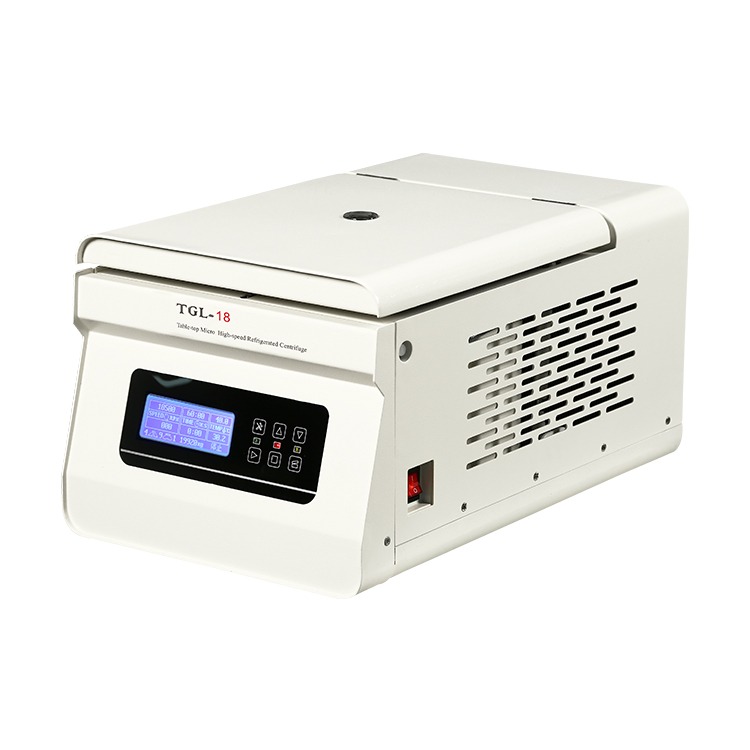
Summary
The uses of refrigerated centrifuges in scientific research and diagnostics has proven to be indispensable, revolutionizing the way samples are separated, preserved, and analyzed. As technology continues to advance, we can anticipate further enhancements in refrigerated centrifuge design, such as improved cooling systems, higher speeds, and advanced automation. These developments will undoubtedly expand the capabilities of refrigerated centrifuges and open new avenues for scientific exploration and diagnostic advancements.


